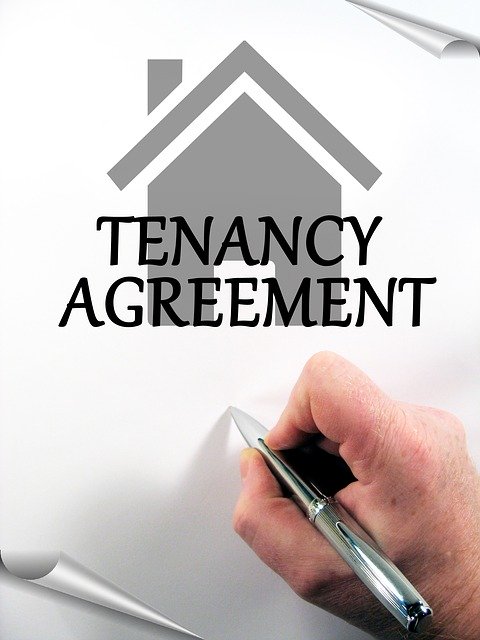If you’re living in a rental property, you must be aware of most legal terms and obligations that you’re under. Signing a tenancy agreement without reading it is a huge mistake.
This post is for you if you’re looking for:
- a way to end your lease;
- information how much notice you must give;
- reasons why you may break a tenancy agreement.
Usually, everything you need to know is mentioned in the leasing contract. However, there are also cases where the side that made the document forgot to mention some clauses or they are unclear.
For example, a clause about repairs in case something is broken. Whose responsibility is it? Are you in charge of paying the repair or to buy a new appliance or furniture if one breaks?
Another example is pest control. Does your lease say which side is responsible for paying for a pest control treatment?
Types of Tenancy Agreements
There are a number of types based on the type of property or the landlord’s situation. However, we will discuss the two types in terms of time. So there are two common types – a periodic tenancy and a fixed tenancy agreement.
The fixed-term tenancy agreement is only valid for a given period of time. Usually, it’s six months or a year. The amount of time is discussed and agreed on by the two sides before signing the lease. This way both the tenant and the landlord know when the tenancy expires.
The periodic tenancy continues until either party gives a verbal and a written notice to end it. This is the most common case. And as we said, the amount of notice required before you move out is usually specified in the tenancy agreement. Read it before you talk to the landlord and follow the procedure you’ve agreed on when you signed it.
So, how much notice does a landlord have to give a tenant to move out
Depending on the type of lease you’ve signed, you are obligated to pay rent for as long as the lease is valid. There are a few scenarios in which you can end a tenancy agreement before it expires or with a very short notice and not have to pay a penalty.
Such scenarios are:
- If there was a break in the contract from your landlord’s side which you can prove.
- If there is an issue with pest control, damage to the property, or any other issue that prevents you from living in a safe environment which your landlord is responsible to fix but doesn’t.
- Also, if your landlord agrees verbally or in writing that you are free to leave without paying a penalty for the short term notice.
- If the landlord is harassing you and/or making unannounced visits.
Please always refer to your lease and do what is specified. When the notice period isn’t specified in the lease, then you turn to your landlord. Discuss the situation and take the decision together. If your landlord agrees to your terms, that’s superb. If not, then you are allowed to do the following:
- Wait until the leasing period expires and give your notice one month in advance that you will not be renewing the agreement.
- If possible, give your notice and wait until it’s over so you can get your deposit.
To get your deposit back, you must have done several things:
- Paid rent for the last month of your residency.
- Paid all bills for the period you’ve lived in the property.
- Cleared up the property – removed your personal belongings and cleaned thoroughly, if you’re required by your contract.
What to do before you give your notice?
Now that you know what is required by you to get your deposit back, you should make sure to not skip the part. Additionally, prior to giving your landlord your notice, you should have found a new place to move to and be sure that the dates will align perfectly and there won’t be a gap.
In many cases, the tenancy agreement specifies that you should arrange for a professional end of tenancy cleaning service. So find a reliable company to do that or make sure you clean the property in detail by yourself.
Furthermore, you should organise your domestic removals service. A reliable company can help with most of the tasks surrounding your move. Some supplementary services are packing, storage, delivery of packing materials, and the moving, of course.
Be especially careful if you’re buying your next home. That is a long process and many things can go wrong. You may not want to give your notice as soon as you start discussing offers for a potential home.
Do not forget to prepare and send your notice ahead of time.







